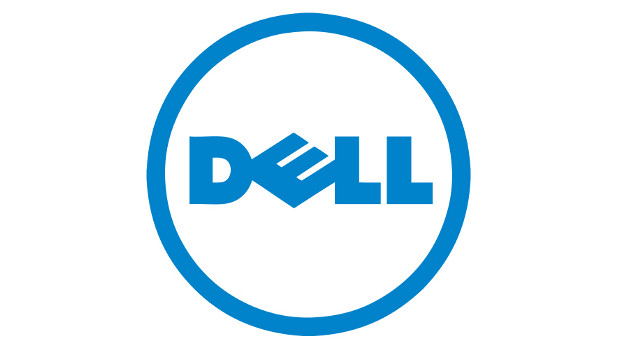The fallout from a serious security mistake made by Dell is widening, as security experts find more issues of concern.
Researchers with Duo Security have found a second weak digital certificate in a new Dell laptop and evidence of another problematic one circulating.
The issue started after it was discovered Dell shipped devices with a self-signed root digital certificate, eDellRoot, which is used to encrypt data traffic. But it installed the root certificate with the private encryption key included, a critical error that left many security experts aghast.
The company has acknowledged the problem and said it plans to issue instructions for how to permanently remove the certificate.
Implications
The security implications are serious, however. Attackers could use the private key to create their own digital certificates that could be used to make spoof web sites appear legitimate. It would also be possible to conduct a man-in-the-middle attack, spying on data traffic coming from computers on which the certificate is installed.
Duo Security published a report saying that it had also recently come across the eDellRoot issue while checking out a Dell Inspiron 14 laptop it recently bought. As part of its investigation, the company’s analysts scanned the Internet using a tool from Censys to see if there are systems on the Internet using eDellRoot to encrypt traffic.
The scan would have potentially turned up spoof web sites using the eDellRoot certificate in order to look legitimate. Computers with eDellCert installed would trust a web site’s SSL/TLS connection if navigated to using the Chrome or Internet Explorer browsers.
The search did not show any web sites using the eDellRoot certificate that is in question now. But it did show 24 IP addresses using a self-signed certificate with a different digital fingerprint but also called eDellRoot.
Identical key possibility
The finding, Duo Security wrote, suggests that Dell may have shipped other computers and devices with identical cryptographic keys, another major mistake.
“This seems to be a blatant disregard for basic cryptographic security,” the report said.
One of the 24 IP addresses appears to be a Supervisory Control and Data Acquisition (SCADA) system. SCADA systems are typically viewed as critical systems, as they’re used in the energy and manufacturing industries.
The fact that a SCADA system was open to the Internet was somewhat strange since they are usually closed off from the outside. Steve Manzuik, director of research for Duo Security, said via email that it is possible the system was misconfigured.
A Dell spokesman said the eDellRoot certificate was used for enabling customer support.
Further digging by Duo Security showed that eDellRoot is part of Dell Foundation Services (DFS), a component used for servicing devices.
Dell has posted an update labelled as “urgent” for a driver related to DFS. The advisory does not mention a problem with eDellRoot, but it is possible that it is the fix.
Dell officials did not have an immediate comment on that update, saying it would post instructions for how to fix eDellRoot on this page.
Extent unknown
It is unknown how many computer may be affected. But the advisory listed models that use DFS, which include Dell’s XPS, Inspiron, Vostro, and Precision laptops and the OptiPlex and Precision Tower desktop models.
Duo Security’s report said just removing eDellRoot from the Windows certificate stores is not enough, as it will be reinstalled. The eDell plugin must be dumped, which can be done by eliminating a module called “Dell.Foundation.Agent.Plugins.eDell.dll.”
The company also found another problem on the Dell laptop it bought. It found a digital certificate that was used to sign some Bluetooth management software on the Dell computer. The company was able to crack its password in about six hours.
The certificate expired on March 13, 2013, but Manzuik said that “our research shows that there was a period of about 11 days where it was a valid certificate meaning that it could be easily used, for example, to sign malware.”
The certificate came from Atheros Communications, a company that was acquired by Qualcomm in 2011.
Jeremy Kirk, IDG News Service







Subscribers 0
Fans 0
Followers 0
Followers